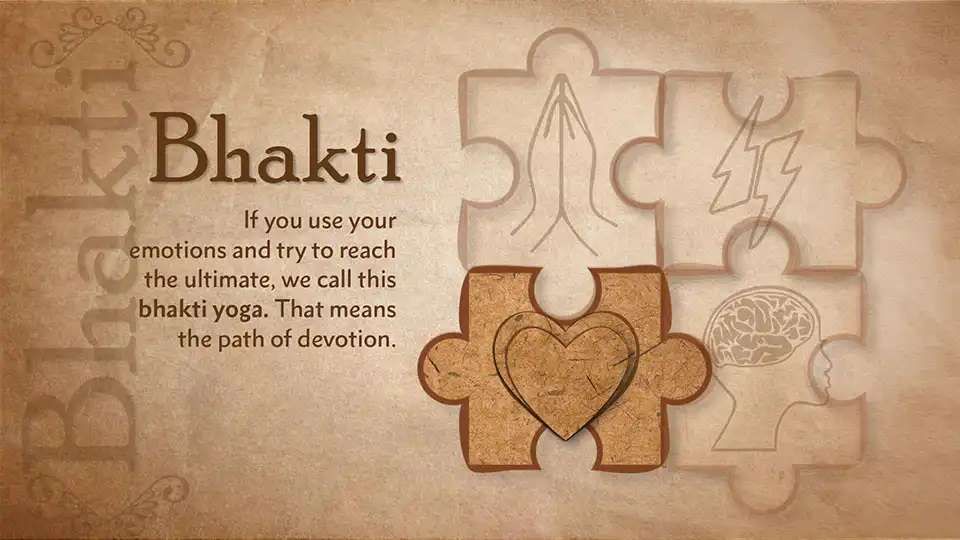On my way to college, comes the Ramakrishna Ashram. I used to visit it in my high school for discussions and learning in the Vivekananda study circle. Once I also did seva there, during the Navratri. It was lingering in my mind to buy a copy of Vivekananda’s book on Bhakti yoga. So, one day while coming back from college, I went to the ashram bookstore and bought it. To my own dismay, soon I lost that copy of the book. Although it cost just twenty rupees, but it was priceless to me for it contained Vivekananda’s idea on Bhakti.
I again went to the ashram and bought another copy of the Bhakti yoga, this time an older version from 2009, costing just sixteen rupees. I am not trying to be penny wise but I am just telling it as a matter of fact. So, now I have read the book and I have gained some key and critical insights which I have highlighted in the book and I want to share with you. I will try to bring to you the essence of the book avoiding any unnecessary and dry details.
According to Swami Vivekananda(will address him as SV from here on),
Bhakti-yoga is a real, genuine search after the Lord, a search beginning, continuing, and ending in Love.
Narada in his explanation of the Bhakti aphorism says,
Bhakti is intense love for God. When a man gets it, he loves all, hates none; he becomes satisfied for ever. This love cannot be reduced to an earthly benefit.
This is because, so long as the worldly desires last, that kind of love for Bhagwan does not come.
He goes on to say,
Bhakti is greater than Karma, greater than Yoga, because these are intended for an object in view, while Bhakti is its own fruition, its own means, and its own end.
SV says,
The one great advantage of Bhakti is that it is the easiest and the most natural way to reach the great divine end in view; its great disadvantage is that in its lower forms it oftentimes degenerates into hideous fanaticism.
He writes,”All the weak and undeveloped minds in every religion or country have only one way of loving their own ideal, i.e., by hating every other ideal.” This is so true. People from one sect/religion tend to dislike or hate another. For example, Muslims hate Hindus and Hindus hate Muslims. We need more harmony and acceptance. We need to understand that truth is relative, and that every person has the right to discover his own.
Also, he reminds us that, “It is always necessary to remember that forms and ceremonials, though absolutely necessary for the progressive soul, have no other value than taking us on that state in which we feel the most intense love to God.”
That’s all for this post
Thank you for reading
Jai Sri Hari









Comments & Discussion
15 COMMENTS
Please login to read members' comments and participate in the discussion.